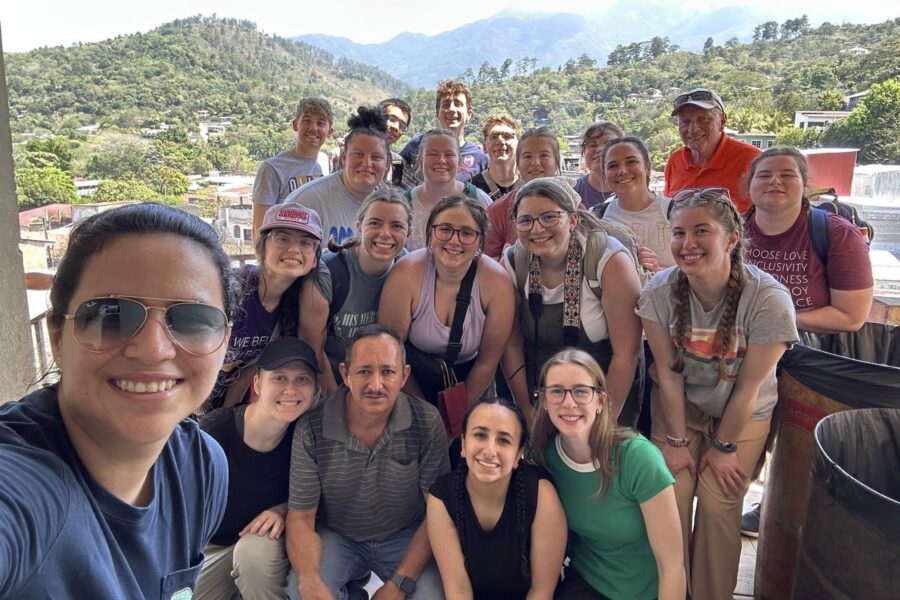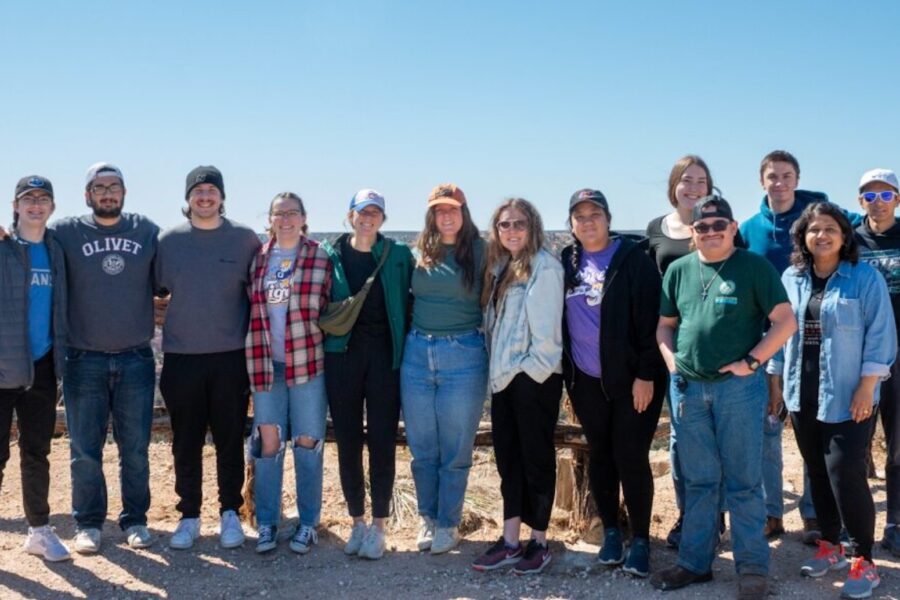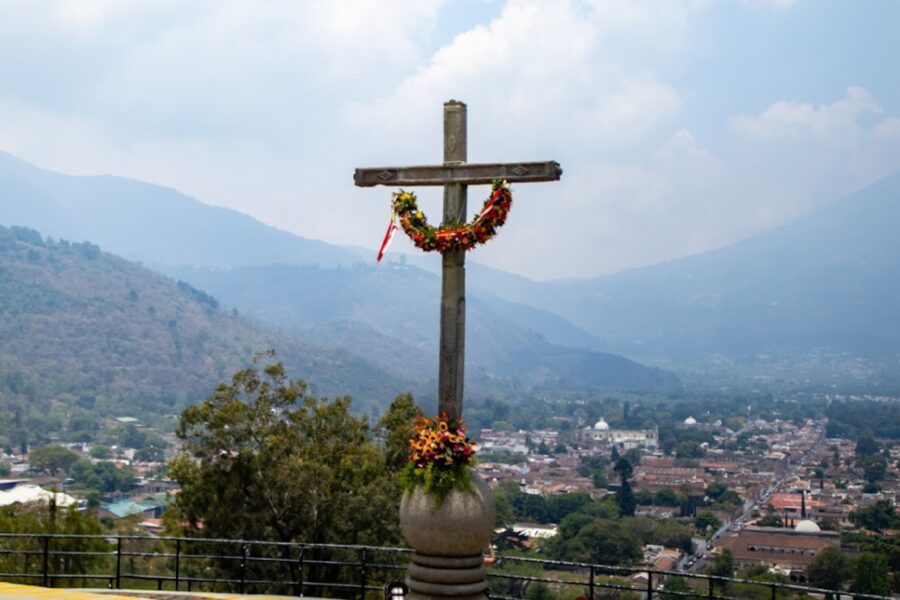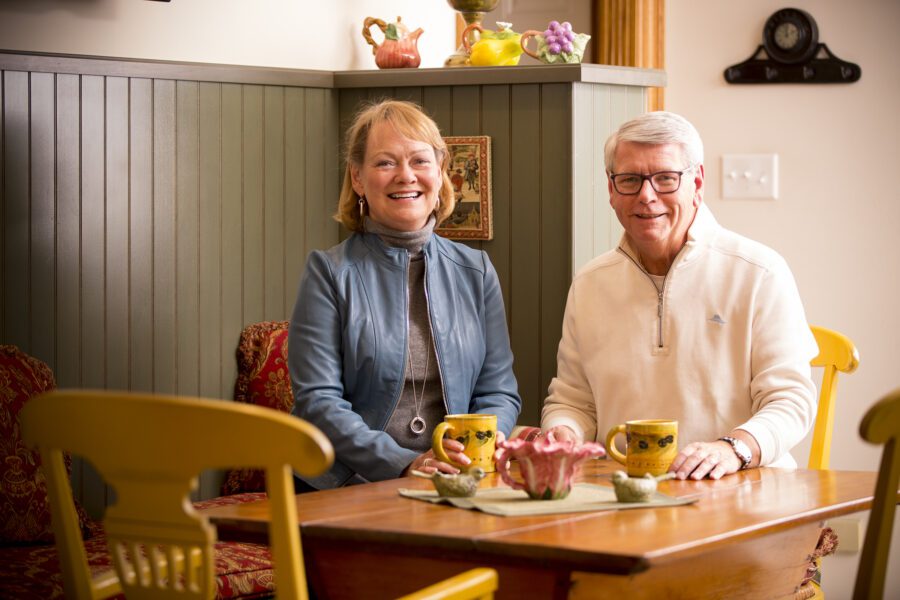
Last May, Jill and I flew to Rome for the election of the new pope. It was an impulsive decision which was, at first consideration, a bit odd because we are not Catholic. Nonetheless, we recognized this as a historic event that was drawing international attention. So off we went!
Our plan was simple: Stay within walking distance of St. Peter’s Square, and wait, for however long it took, to be there when the white smoke appeared, signaling the election of the pope. Then, watch and listen as the new pope made his first appearance on the papal balcony overlooking the square.
This turned out to be an amazing experience —a once-in-a-lifetime moment. We arrived on May 6, the day before the papal conclave was to begin. After finding our hotel, we walked to St. Peter’s to survey the arrangements being made to host the massive crowd. 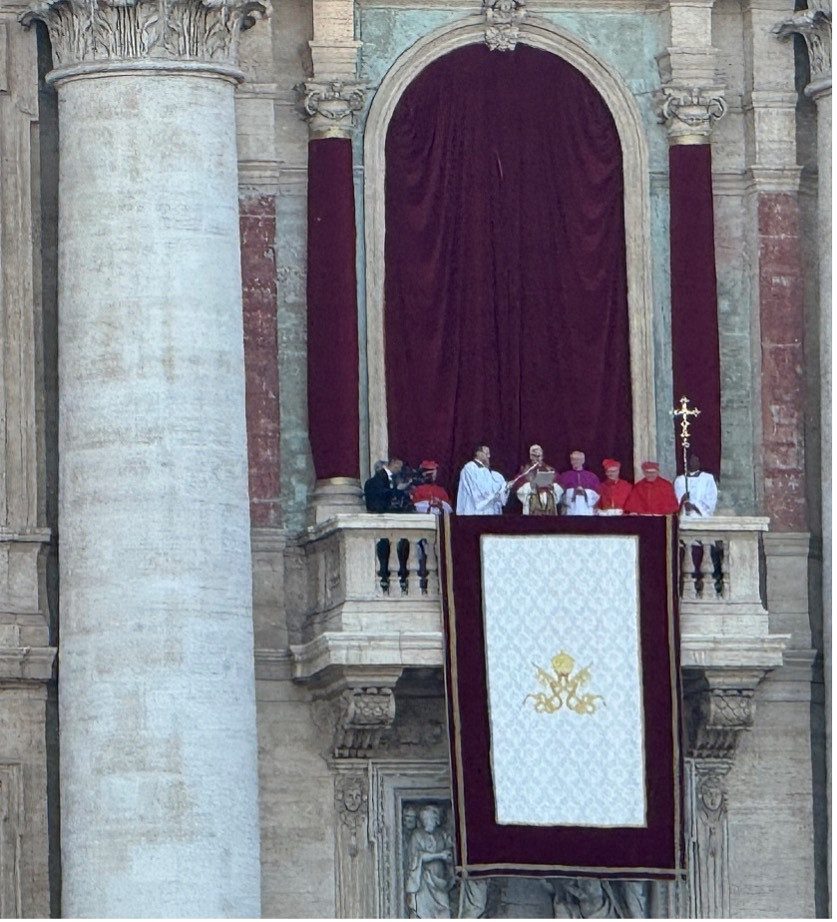
The next morning, at about 9 a.m., we made our way back to the square and took our places among the thousands of others gathering to wait and watch. By 9 p.m. that evening, there was no election — only black smoke. The following morning, we returned to wait once more.
Throughout the day, we had a series of conversations with people from all over the world. We were different in so many ways (culture, language, politics), yet we soon realized we were also united — each hoping for the new pope to be a voice for compassion, reconciliation, redemption and the oneness of humanity. It was an E Pluribus Unum moment.
Finally, as early evening approached, it happened. Suddenly, white smoke appeared from the chimney of the Sistine Chapel, and the massive bells of St. Peter’s Basilica began to ring. The crowd erupted with cheers and tears. Pope Leo XIV had been elected.
Following the election, we happened to be interviewed by Seth Doane for the CBS Sunday Morning show. He asked why we, as non-Catholics, would make a special trip to Rome and stand for hours to be there for the election. And he wanted to know our reaction to the experience. We said that the overarching thing that struck us was the sense of community that had developed throughout the square during those many hours of waiting. People were considerate of each other, making way for wheelchairs and offering water, along with other expressions of kindness.
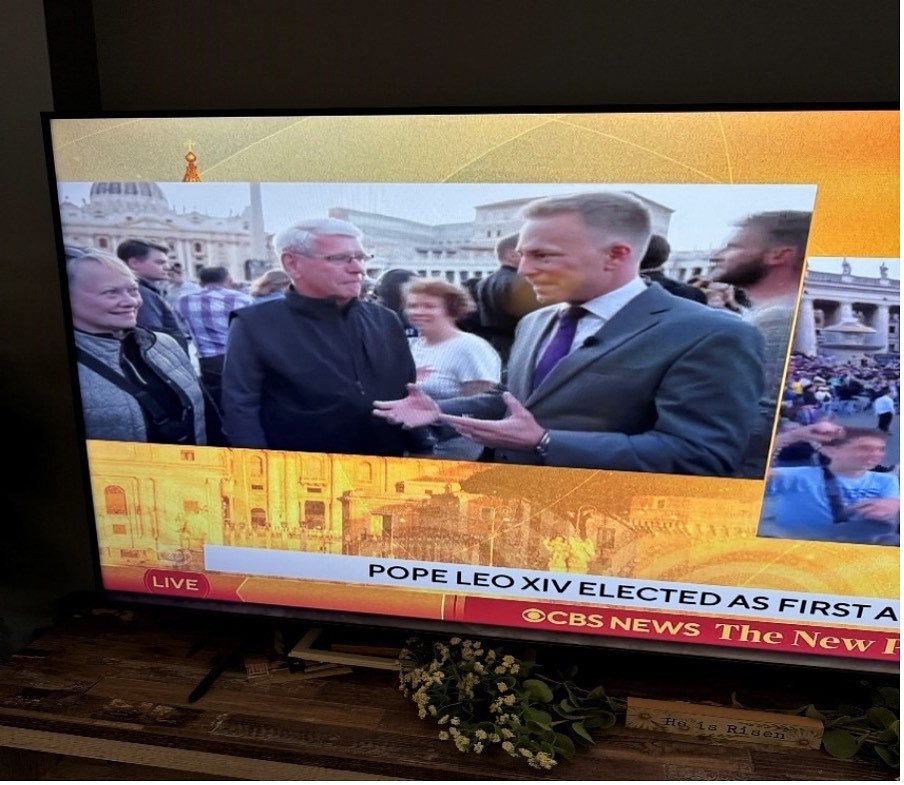
We live in a fragmented country and a fractured world. Many things divide us. However, this experience in Rome helped demonstrate the power and joy of shifting our focus from our differences to those things that unite us. The word community is a combination of two terms: common and unity. Community is built not on our differences but on our common human identity and shared desires. Together, our differences create a tapestry of belonging.
The Gospel is certainly expressed in terms of common unity: “There is one body and one Spirit, just as you were called to one hope when you were called; one Lord, one faith, one baptism; one God and Father of all, who is over all and through all and in all” (Ephesians 4:4–6) and “There is one body, but it has many parts. But all its many parts make up one body. It is the same with Christ” (1 Corinthians 12:12, NIRV).
In the same way, Olivet Nazarene University is a place of community — a community of faith, living and learning. Students come from various traditions and backgrounds, and yet at Olivet, they find a common unity — a “community” where they belong. It is transformational.
Of course, the Olivet community extends well beyond the campus. It encompasses the greater Kankakee area and reaches to the uttermost parts of the earth in the lives and influence of alumni, parents and friends who see the value of an “Education With a Christian Purpose.” Olivet is not a Catholic university … but it is a “catholic” place. A place for all to belong.
Read the entire “Doing Something Good Together” issue here.


